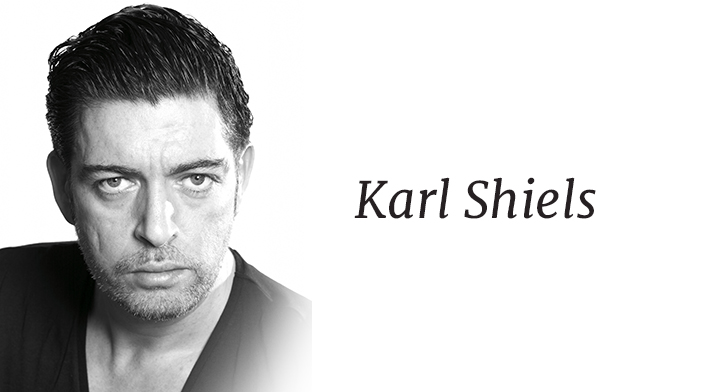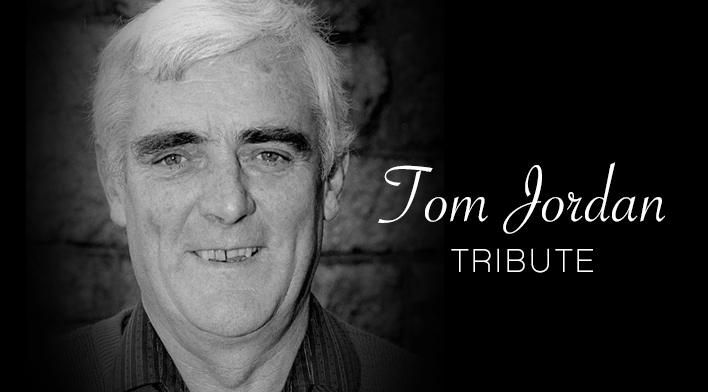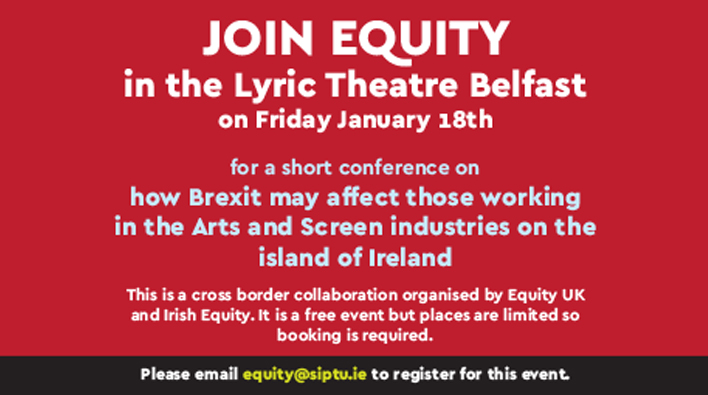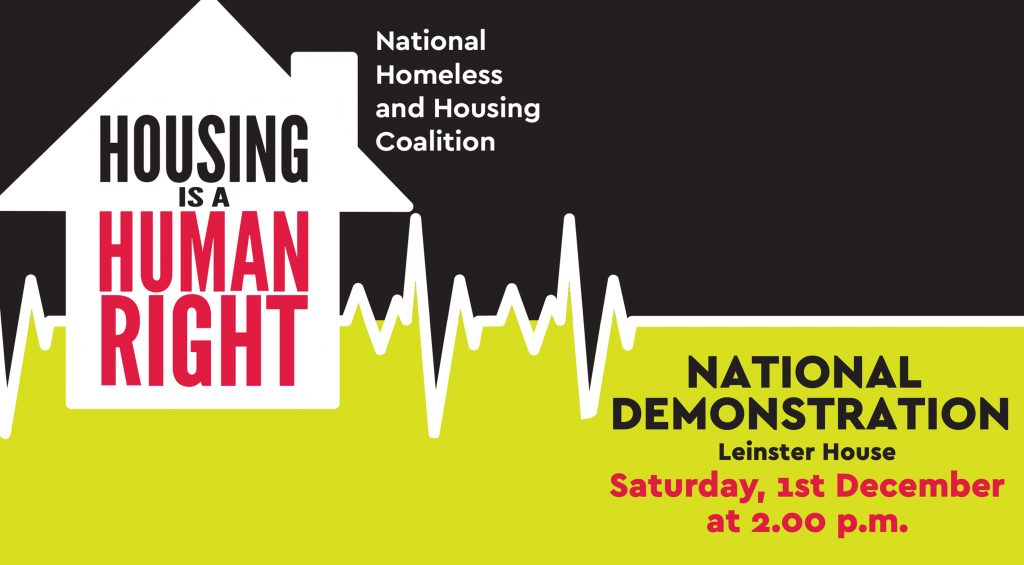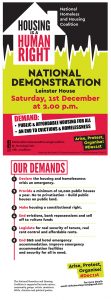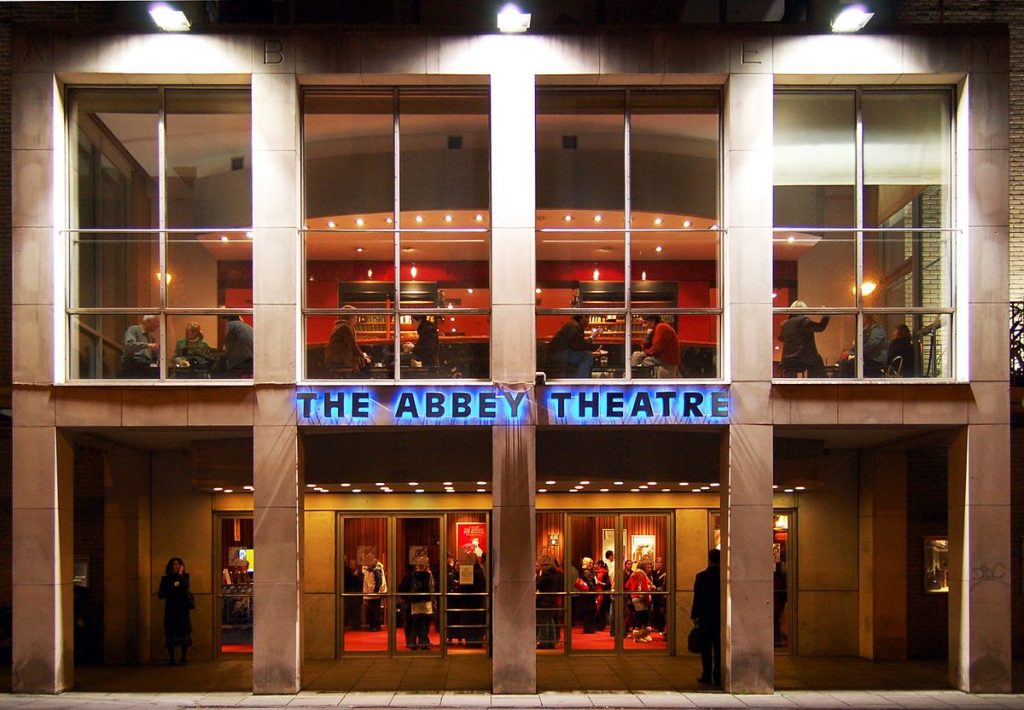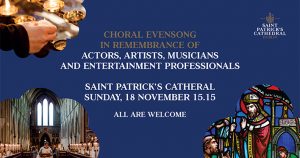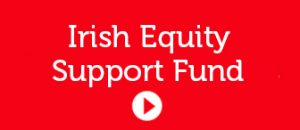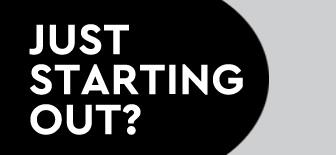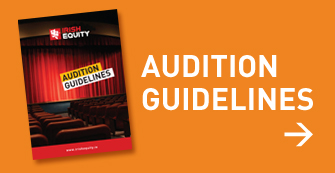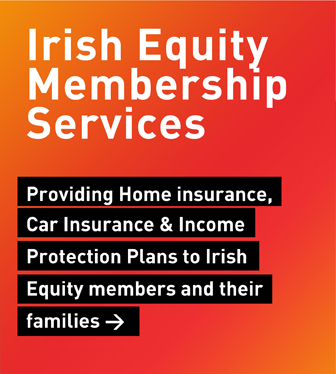Following a review of the pilot social protection scheme for writers and visual artists, the Government has announced its extension to professional performing artists. The extension of the scheme will now see the inclusion of actors, musicians, street performers, dancers and other artists whose professional status will be designated by the fact that a minimum of 50%
of their income is generated through their professional work. For the first time these earnings can also include teaching within their profession.
Irish Equity supports this initiative as a positive step forward on the path to recognition of the professional status and value of performing artists in Ireland. However, a broader discussion about the working lives of artists and their capacity to have longevity and dignity in their careers is now needed. The way to truly value artists is to ensure they can make a secure living from their work and that means the development of a basic income scheme for these professionals.
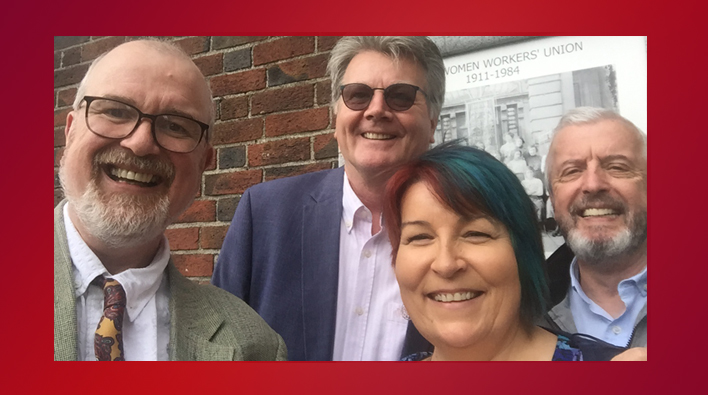
Photo from left to right: Stephen Spence, Equity UK with Padraig Murray and Karan OLoughlin, Irish Equity and Louis Rolston, Equity UK (right), outside Liberty Hall for the recent Equity Ireland/ Equity UK Action Group meeting.
